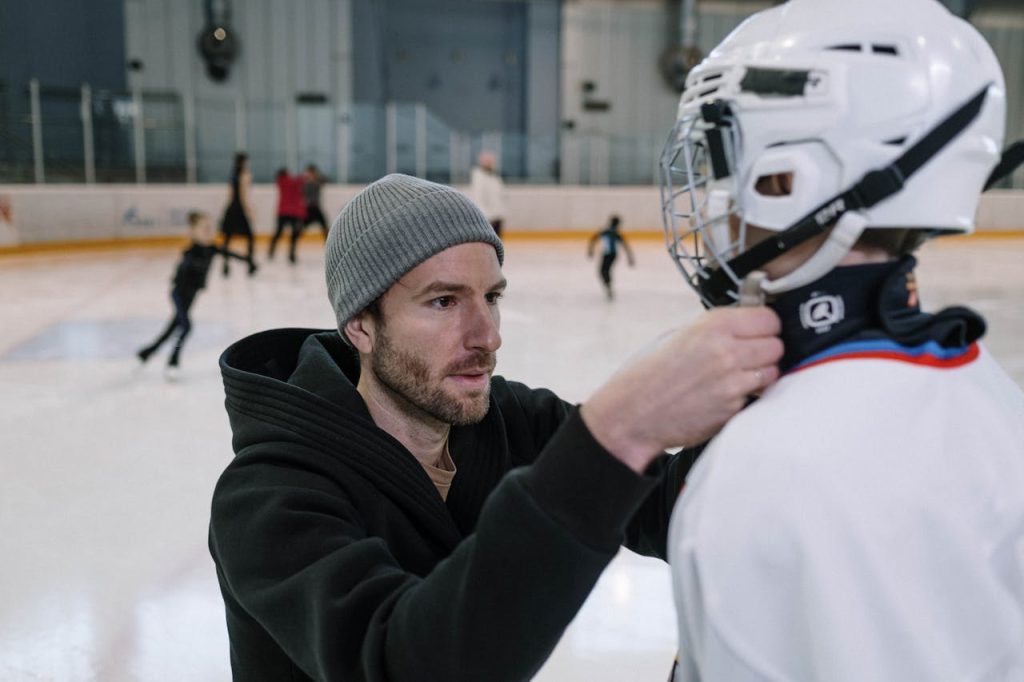
With NIL being such a big part of the game, understanding the playing field is becoming a crucial for parents aiming to support their student-athletes. NIL rights allow athletes to monetize their personal brand through endorsements, sponsorships, and other ventures. However, these opportunities still vary by state and athletic association. If you, or a parent you know is unsure where to start, below are a few considerations to help you navigate this constantly changing space.
NIL Considerations for Parents
- State-specific regulations:
- NIL policies differ across states. As of 2024, 40 state high school associations permit NIL deals, enabling athletes to engage in endorsement contracts without jeopardizing their eligibility. Additionally, some states maintain restrictions. It’s so important to consult your state’s high school athletic association to understand the specific rules applicable to your athlete.
- Permissible activities:
- Endorsements and sponsorships: athletes can promote products or services on personal platforms, such as social media, provided these endorsements comply with state and school regulations.
- Personal appearances: anticipating in events like autograph signings or public speaking engagements for compensation is generally allowed, subject to adherence to governing rules.
- Prohibited activities:
- Use of school branding: any states prohibit the use of school names, logos, or uniforms in NIL activities. Make sure your child avoids incorporating any school-affiliated imagery or references in their promotional content.
- Association with restricted products: any type of NIL deals involving adult entertainment, alcohol, tobacco, gambling, or other sensitive industries is typically forbidden. Review potential partnerships carefully to ensure compliance.
- Educate and empower: encourage your child to learn about NIL opportunities and regulations. Provide guidance without imposing decisions, allowing them to take ownership of their brand.
- Facilitate professional advice: assist in connecting your athlete with qualified professionals, such as sports marketing agents or legal advisors, to navigate contracts and negotiations effectively.
- Promote financial literacy: as parents, help your child understand financial management, including budgeting, taxes, and long-term planning, to handle their earnings responsibly.
- Supporting your athlete while respecting boundaries: this is so important, especially if your athlete is an upper classman in high school or a college student. As an adult (or soon-to-be adult) it’s important to remember that they are the athlete… not you! Have a conversation to establish how you can be of help in supporting the interests they want to pursue, NIL or otherwise.
It’s important to note that there are so many changes that are slated to help support your athlete as a parent. For example, Missouri lawmakers recently proposed expanding existing laws to allow high school athletes to earn compensation under specific conditions. Staying updated on such developments is crucial, as they can significantly impact your child’s opportunities and the regulations they must follow.